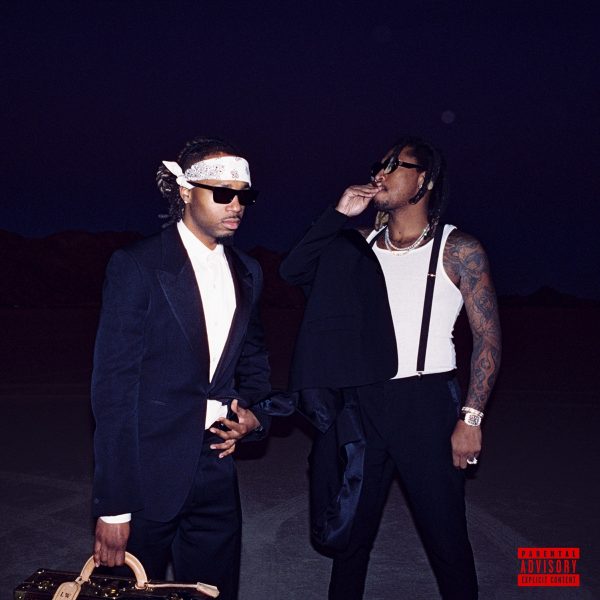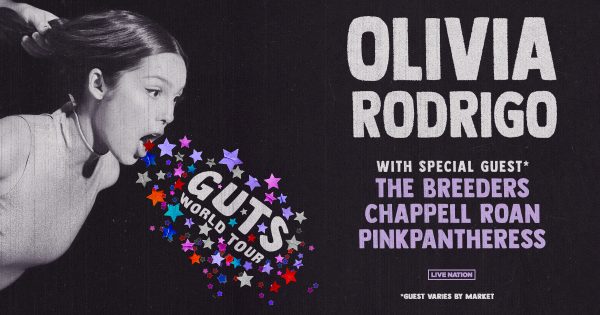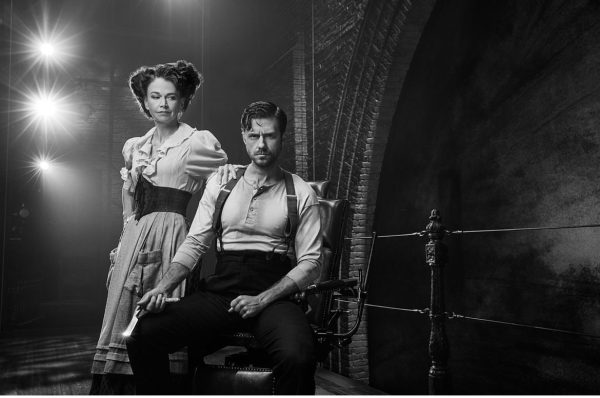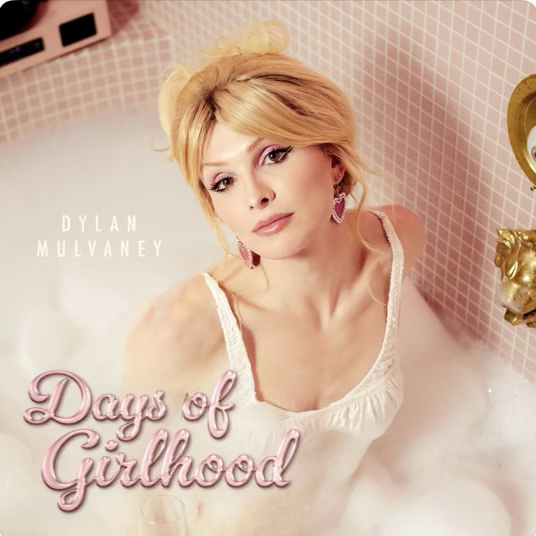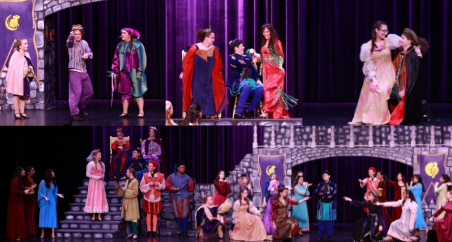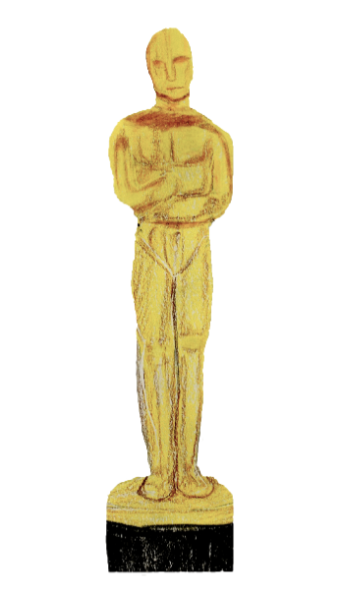New York Fashion Week runways turn political
October 15, 2018
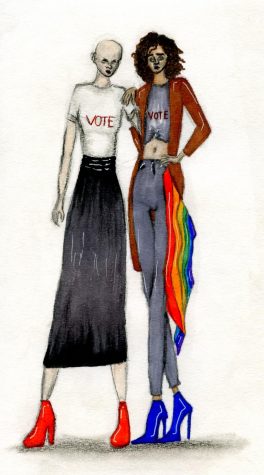
Fall fashion week is a time for designers to showcase their creations for Spring 2019. But in this year’s New York Fashion Week, many designers turned their runways into political stages, using their attention from the media to encourage political opinions.
On the first day of NYFW, designer Jeremy Scott closed his Spring 2019 ready-to-wear line by walking his post-show lap in a shirt that said “Tell Your Senator No on Kavanaugh 202-902-7129.” Scott encouraged his audience to call the printed phone number, which belongs to a Washington official, and express distaste for Supreme Court Justice nominee, Brett Kavanaugh.
According to a backstage interview with AP News, Scott was trying to stand up for “women’s rights, reproductive rights, LGBT rights, affirmative action- you know, it’s all at stake with this one man.”
Christian Siriano also incorporated a political call-to-action in his Spring 2019 line. The American designer dressed a model in a “Vote for Cynthia” shirt, endorsing gubernatorial candidate Cynthia Nixon. He wore a similar shirt in his traditional post-show lap, which read “I’m Voting for Cynthia.” The Sex and the City actress-turned-politician sat in the front row of Siriano’s show, among 650 seats, all with informational “Cynthia for NY” pamphlets. Fittingly, the New York primary elections took place the day after New York Fashion Week ended.
“I think my show is a place to showcase… what issues are important to me and my brand,” Siriano said, according to Glamour. “[It’s] a very large stage where so many people are watching, so it’s a perfect place to help promote something that I think is important. We have to talk about voting because we can’t not support the people we believe in because, as we have seen, it can really affect our cities and country in the worst way possible.”
The public was divided in reacting to the abundance of politics in fashion week. Some received the strong messages respectfully, appreciating designers’ usage of their freedom of speech and expression.
“In times of political upheaval, as we are experiencing now, everything becomes political, even clothes, “ AP Government and Politics teacher Beth Vaknin said. “People in the public eye, actors, sports figures, and even designers have an opinion and platform to express it. They are entitled to their first amendment rights like everyone else and if they have an effect on people’s’ political choices, so be it!”
Some designers, like Prabal Gurung, preferred to make their political statements minimal, by simply encouraging voting. When guests arrived at Gurung’s show, they opened their programs to find cards that said, “I am a voter.” Gurung closed his show in a shirt reading, “Vote.”
For Chloe Gosselin’s Spring 2019 show, the female designer teamed up with Rise Up and Vote, an organization that aims to increase the number of young voters. According to Glamour, Gosselin’s show emphasized the power of women, community and change. In addition to dressing a model in a shirt that said “I am a voter,” Gosselin played a soundtrack of speeches from Malala Yousafzai, Hillary Clinton and Chimamanda Ngozi Adichie.
Some individuals, including Fashion and Illustration teacher Pamela Rizzi, reacted negatively to the ample presence of politics in fashion week.
“[Like Mark Wahlberg once said,] ‘Celebrities are out of touch and shouldn’t talk,’” Rizzi said. “Celebrities have no idea what the struggle is for the average American who earns a middle-class income.”
For designer Kerby Jean-Raymond, politics were not limited to voting. In his Spring 2019 line for Pyer Moss, called “American, Also: Lesson 2,” Jean-Raymond made the statement that black people are the American proof of diversity, rather than the face of normal. His collection pointed out that “Black folks are not simply American. They are also American,” according to the Washington Post.
Essence of black cultural life was woven in details of every piece, but specifically stood out on a shirt that said “Stop calling 911 on the culture,” and a white cummerbund, matched with a white monochrome outfit, which read “See Us Now?”
As fashion week shows heavily dictate trends and moods for the year, they strongly influence the public. It is difficult to determine how significant the impacts of designers’ messages will be. Whether or not viewers of the shows decide to take action and vote, politics are taking over fashion, one t-shirt at a time.


